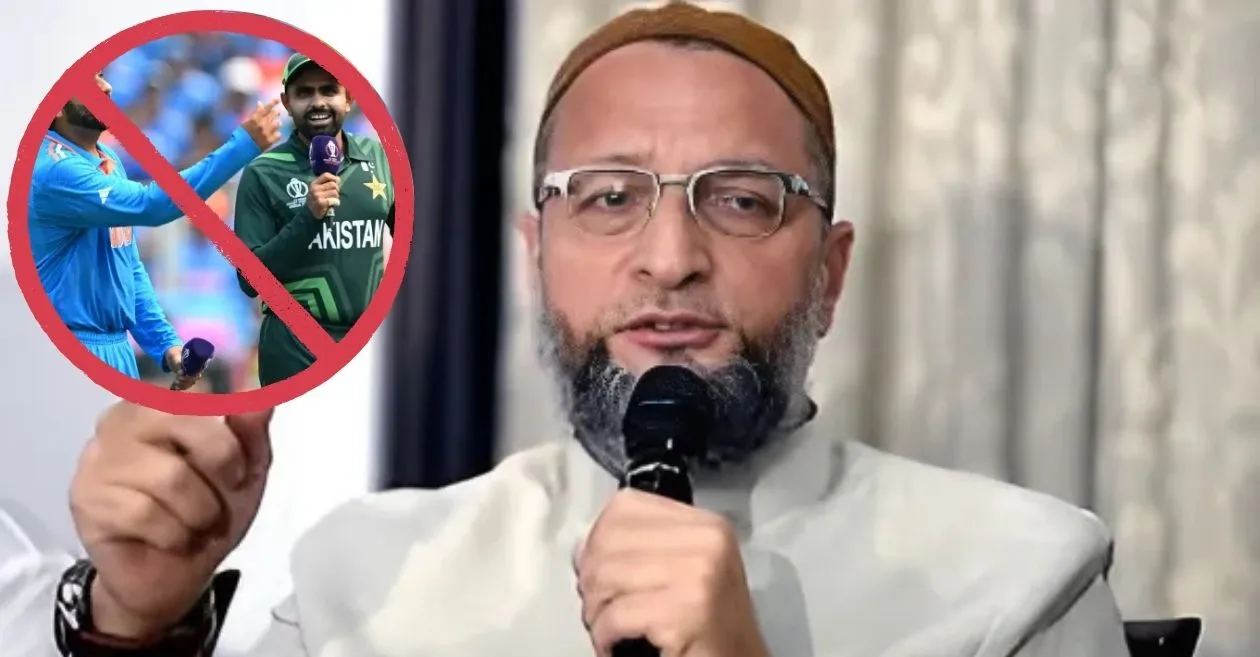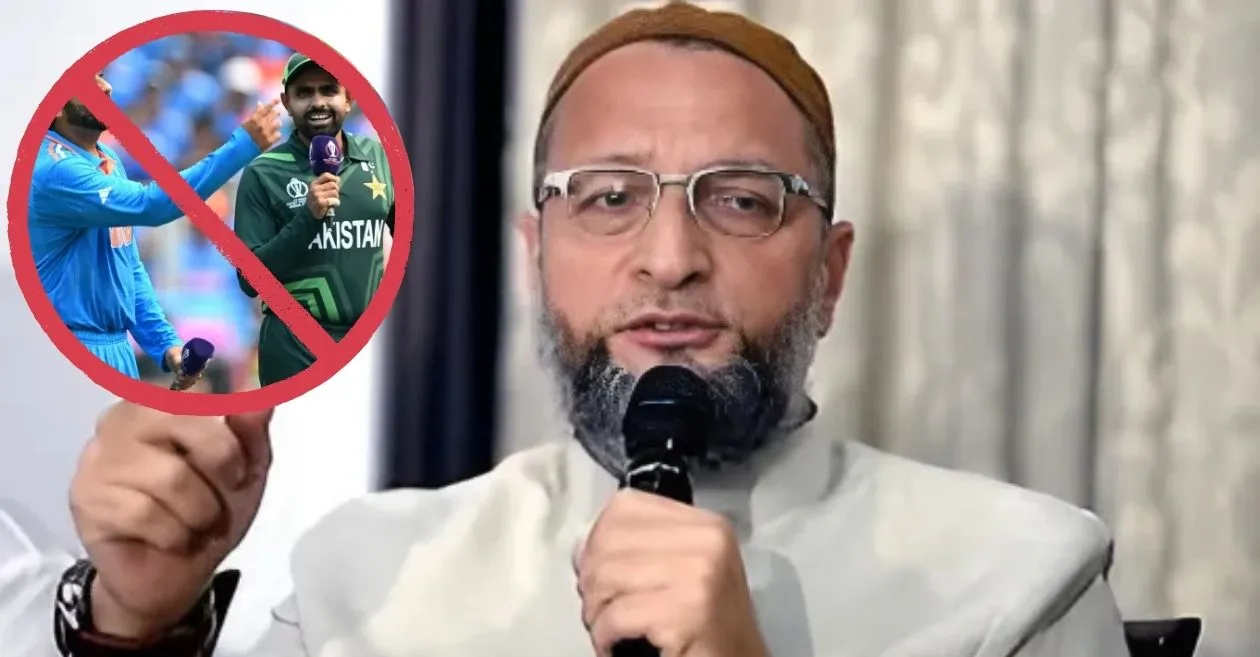
Asaduddin Owaisi, president of the All India Majlis-e-Ittehadul Muslimeen (AIMIM) and a prominent Lok Sabha MP, has unleashed sharp criticism against the Board of Control for Cricket in India (BCCI) and the central government over the scheduling of the India-Pakistan cricket fixture in the Asia Cup 2025. Coming just months after the devastating Pahalgam terror attack, Owaisi questioned the consistency of government policy and the moral justification for sporting ties with Pakistan when other forms of engagement stand frozen.
Asaduddin Owaisi shames BCCI and calls for a stark moral challenge
Owaisi’s intervention during a Lok Sabha debate on Operation Sindoor was emotionally charged and pointedly critical. Drawing on Prime Minister Narendra Modi’s own assertions that “blood and water cannot flow together,” Owaisi asked how the government could justify playing cricket with Pakistan when trade, airspace, and diplomatic channels remain suspended.
He posed a biting rhetorical question: “Does this government have so much courage to call the families of those killed in the Pahalgam attack and say we’ve taken revenge in Operation Sindoor and now you watch the Pakistan match?” Owaisi declared he could not, in good conscience, watch the match, arguing that returning to routine sporting fervour after a terror massacre was a “matter of great regret” and a contradiction of national policy.
He highlighted the contradiction inherent in India’s handling of cross-border terror: “When Pakistan’s aircraft cannot come into our airspace, their boat cannot come into our water, trade has ended, how will you play a cricket match with Pakistan? When we are not giving water, saying that blood and water will not flow, will you play a cricket match?” Owaisi’s questions encapsulated the sentiments of many opposition leaders and a public already wary of any thaw with Pakistan amidst heightened tensions.
Also READ: India fans shame BCCI for Asia Cup 2025 participation amidst geopolitical unrest with Pakistan
Public sentiment, political pressure, and cricket’s place in diplomacy
Owaisi’s remarks have amplified the prevailing opposition chorus, with other MPs joining in objections to India playing cricket against Pakistan under current circumstances. The upcoming Asia Cup clash, slated for September 14, is scheduled just months after the Pahalgam attack, which left at least 25 civilians dead, and after Indian armed forces retaliated with targeted operations across the border. Given that India and Pakistan have not played bilateral cricket since 2013, and only meet in ICC and Asia Cup tournaments, these matches become not just sporting contests but loaded political events, watched by millions and scrutinized by policymakers.
The BCCI, for its part, has maintained that fixtures are decided within the framework set by the Asian Cricket Council and are distinct from bilateral ties. However, criticism has been swift on social media, reflecting a widespread unease about normalizing sporting interactions with Pakistan after deadly attacks. Owaisi’s challenge pushes the BCCI and the centre to acknowledge the symbolic magnitude of the match and the mixed signals it may send to victims’ families, the security forces, and the broader public.
Also READ: Asia Cup 2025: Sourav Ganguly shares his diplomatic take over India-Pakistan game row

